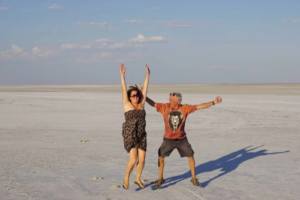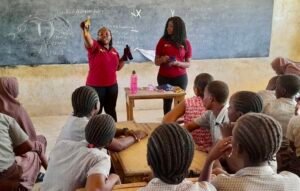No products in the cart.

Fighting Period Poverty: A Community’s Bold Initiative
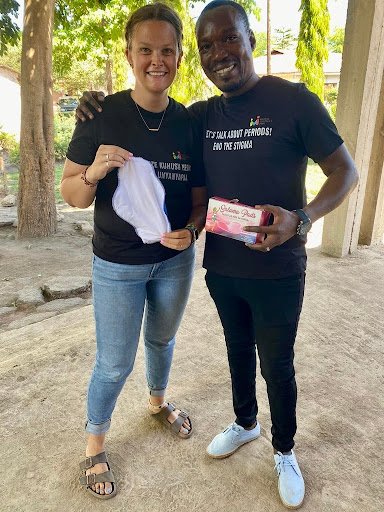
Canadian born Simone Lee Hamilton, the Executive Director and Program Coordinator of Majengo Children’s Home in Mto Wa Mbu, Tanzania, was deeply moved by the stark statistics highlighting the lack of access to menstrual products among girls in Africa. When she and her partner, Joseph Moshi, the Project Director of Majengo, learned about the significant number of school days missed by these girls due to their periods, they were compelled by a sense of urgency. Driven by a strong desire to effect change and empower these young individuals, Simone and Joseph felt compelled to take action and make a tangible difference in their lives.
The phrase “period poverty” encapsulates the hardships faced by numerous low-income women and girls in affording menstrual products. UNFPA highlights this dire situation, emphasising the increased economic vulnerability these individuals endure due to the financial burden of acquiring menstrual supplies. UNICEF estimates paint a grim picture, with 27% of girls in regions like Tanzania lacking access to basic sanitation services, resulting in unhygienic practices like using cloth or grass during menstruation. Moreover, deficiencies in school facilities, teacher training, and access to feminine hygiene products exacerbate the issue.
Originally planned for a single day to coincide with the International Day of the Girl, the initiative aimed to host 200 girls from the community, engaging in conversations about menstrual health, puberty, and consent – often overlooked topics in Tanzanian seminars. The event included food, music, and distributing menstrual health packs containing shields, liners, soap, underwear, washcloths, and more, aiming to empower girls for a year or longer.
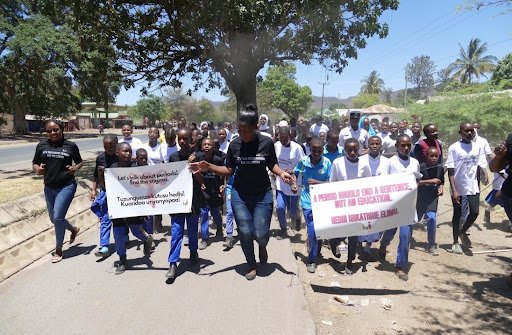
Celebration and Empowering Change
The celebration unfolded at a nearby school, commencing with a march through the village to raise awareness. T-shirts with powerful messages sparked positive community feedback, and the day comprised seminars on critical topics led by a nurse, including pad kit usage and proper care. The event concluded with lively dancing and conversation, leaving a memorable impact on participants.
Post-event, pad kits were distributed to girls in need across various schools. These smaller-group sessions facilitated open discussions, revealing pressing issues girls faced and providing them with necessary support. Going beyond the initial plan, the initiative reached even the most remote schools, significantly impacting more girls in dire need.
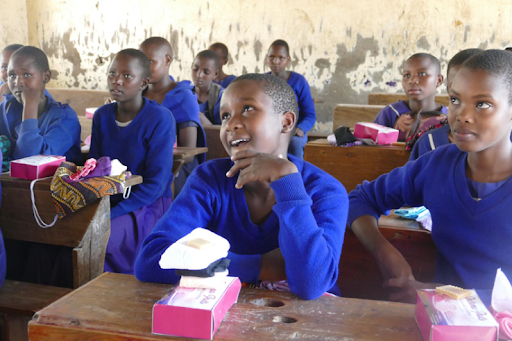
This program, aligned with the UNDP’s Sustainable Development Goals, addressed essential aspects like health education, gender equality, reduced inequalities, responsible consumption, and poverty elimination. Offering reusable pad kits eliminated costs for girls fostered informed discussions, and bolstered connections between schools and communities, advocating for gender equality.
The Majengo initiative stands as a testament to combating period poverty, striving to create a world where menstruation doesn’t hinder a girl’s education or well-being. Through education, empowerment, and sustainable practices, this community initiative aims to contribute to a better future by 2030.
“Period poverty is not just a lack of menstrual products; it’s a deprivation of dignity,
opportunity, and equality.”

